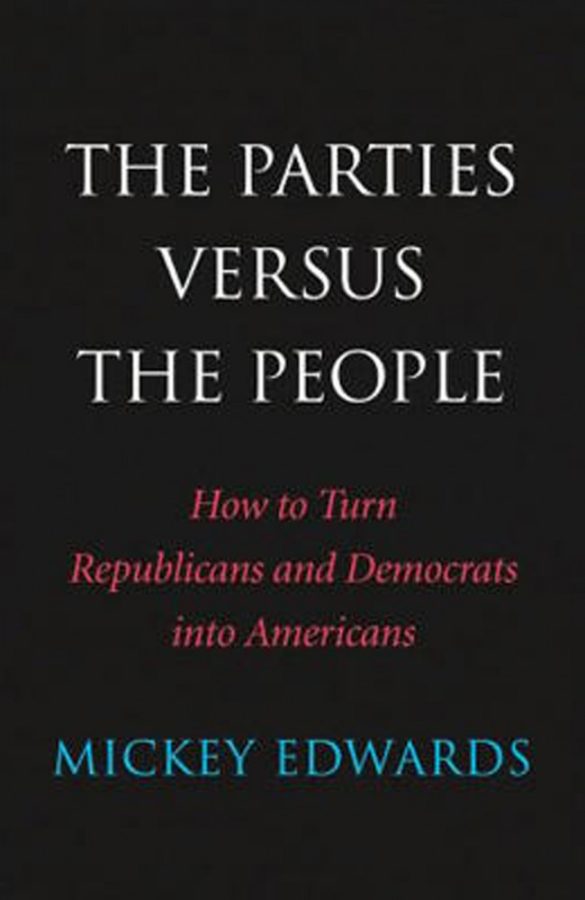Partisan polarization, the schism portrayed by the divide between the Republican and Democratic parties, is now the defining feature of contemporary American politics. According to research conducted by Pew Research Center in 2014, America faces the most dramatic state of polarization since the Reconstruction Era.
In cooperation with the Tucson Festival of Books, the UA will host a panel Sunday at 11:30 a.m. dealing with the nation’s polarization and dysfunction from the perspective of differing generations. The panel will include former Oklahoma Congressman Mickey Edwards, director of the UA National Institute for Civil Discourse Carolyn Lukensmeyer and millennial experts Steven Olikara and Kari Saratovsky. Though the perspectives on political polarization and the road we took to get here differ from panelist to panelist, they all agree on this: Something needs to change.
“Honestly, every political conversation you can have these days seems to boil down to political dysfunction and how we’re not really solving the real problems our nation faces,” Olikara said. “Students around the country want to make a difference, but now about half of our generation doesn’t believe politics can solve the problems at hand. The reaction to our problems cannot be to disengage. We have to directly engage in order to solve them.”
Co-founder and president of the Millennial Action Project, Olikara works to make political cooperation between the generations the norm.
“We think this generation is disproportionally impacted by partisan polarization and political dysfunction, but we also believe our generation has the greatest potential to overcome that partisanship,” Olikara said.
Working to bring an alternate perspective to the table, Edwards will draw from his book, “The Parties Versus the People: How to Turn Republicans and Democrats into Americans.” Though Edwards lacks the millennial perspective, he brings an entirely different angle on polarization to the table.
“Congress isn’t working,” Edwards said. “Everybody seems to think the system is dysfunctional, but I realized that when something doesn’t seem to be functioning properly, one of two things has happened: Either we’ve elected the wrong people, or the system is wrong.”
In order to achieve desired political change, we have to compromise, Edwards said. According to a 2013 USA Today article, “Divided we still stand — and getting used to it,” the American people are fleeing the political parties faster than ever before.
“This is a system that rewards people for being unwilling to compromise, and it punishes people in the primaries who do compromise,” Edwards said. “We’re talking about a fundamental change to the only system many people have ever known. It’s not easy to fix this polarization, but it can be done.”
In the same 2014 Pew Research Center study, over 40 percent of Americans now register as independent. Olikara and Edwards both adamantly believe that the divide can be bridged through compromise and partisan cooperation.
“If you think there is something wrong with Congress, and that the system doesn’t work, here’s the good news: It’s not the people are terrible and stupid, it’s that we’ve created a bad system,” Edwards said. “… But it can be fixed. Things can change for the better.”
Bringing the individual outlooks of four uniquely different panelists together, “Political Dysfunction” aims to deal with the bigger picture through multi-generational perspectives.
“The political arena is highly dysfunctional and we need to start taking action,” Olikara said. “I hope our panel works to inspire students who attend, who want to make a difference and want to understand the extent of our nation’s problems. To incite positive change, we need to understand the generation in power, just as much as the generation in power needs to understand the generation about to take power.”
_______________
Follow Elise McClain on Twitter.









